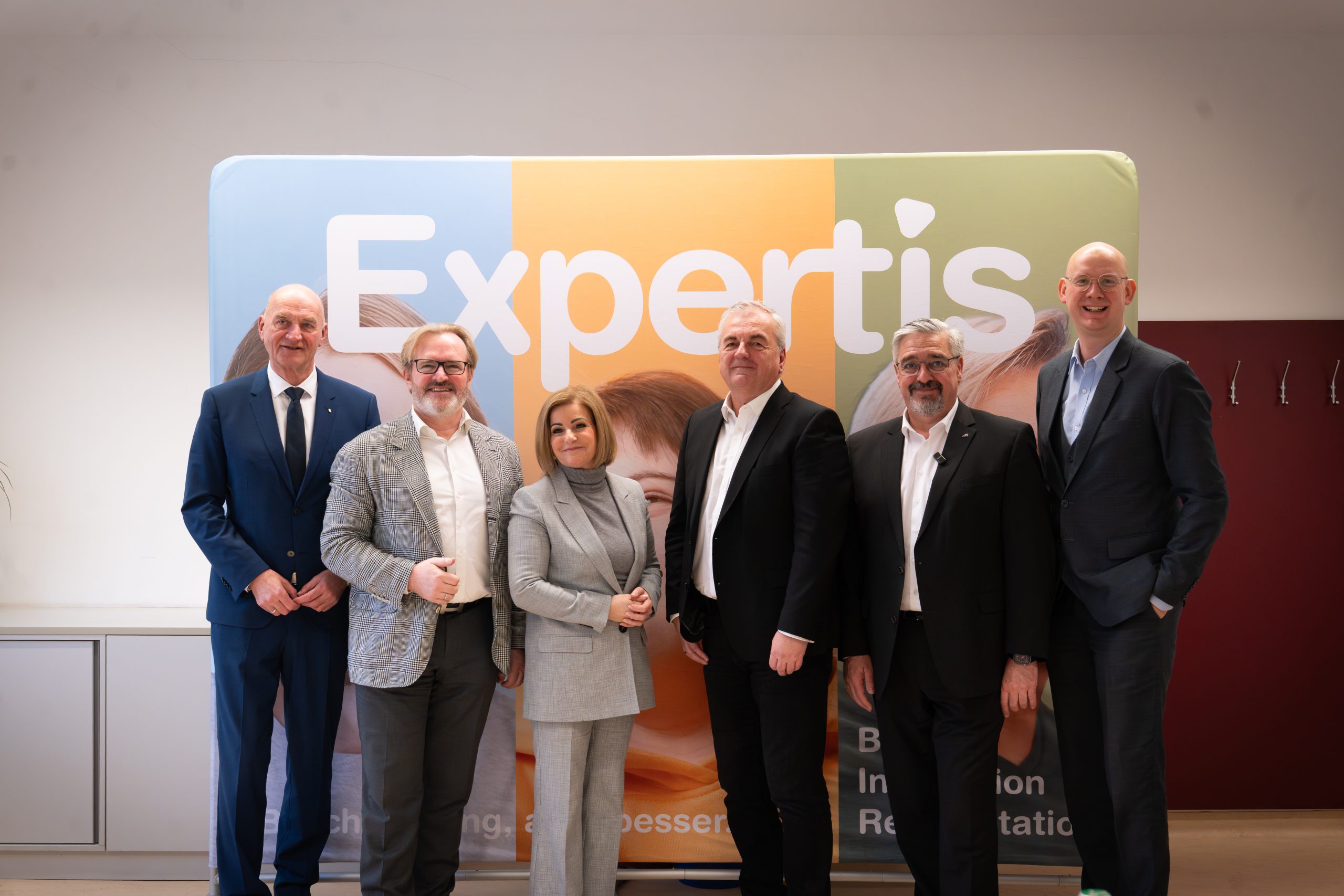
How to create a perfect first impression: English on the phone (Part 1)
First impressions are everything. In our professional lives, they are often formed over the phone through voice and language. The way you answer your phone can definitely help establish the trustworthiness, competence and likability of your business! Here are a few tips on how to do it:
Where to begin: English speakers love referring to the time of day: “Good morning”, “Good afternoon” or “Good evening” is considered very polite.
First names first: In English-speaking countries, the first name is more important than the surname, and it always comes first. If James Bond were to answer your business call, he would introduce himself as “James Bond” and not “Bond James”, as is often usual in Austria.
Is this Marilyn or Ms Monroe? In English, first-name basis is very common even in a professional context. If you work with Marilyn Monroe and James Bond, it is very likely you will be calling them Marilyn and James. In a more formal context, we use Ms or Mr. The female forms Miss or Mrs are outdated (like the German Fräulein), as they refer to the married status of a woman. Instead, “Ms” is a more neutral female form. It’s pronounced with a voiced s: you could think of it as Miz.
How are you? Remember the previous part of our series: if the person on the phone is someone you know, ask them how they are. Or, if they ask you first, let them know you are very well, thank you!
“May” is king! “How may I help you” is very formal and polite, and native speakers will appreciate this subtle difference. If you know someone well, “How can I help you”, “How can I help” or “What can I do for you” may also be used.
Be aware of your intonation: English speakers tend to speak in a higher-pitched and more lively voice compared to German speakers. This is especially true for greetings: don’t be surprised when we say “Good morning” in a voice that resembles a very happy bird in spring! Likewise, a slightly higher pitch and brightness in your voice will definitely help put the English speaker on the other end of your line at ease.
A few useful phrases:
“Good morning / good afternoon”
“Welcome to (name of business)”
“Thank you for calling (name of business)”
“You’re speaking to (your name)”
“How are you?” – “I’m very well, thank you!”
Formal differences:
“Good morning Ms Monroe, how may I help you?”
“Hi James, how are you? … What can I do for you?”
In our next post we will continue our coaching session on the phone: we’ll show you how to pass on information, transfer calls, and take messages like a pro.
Das „English Teacher Training College and Bilingual Classroom Initiative (ABCi)“ ist eine Non-Profit-Organisation mit Hauptsitz in Vorchdorf in Oberösterreich, der 2011 von einem Amerikaner und einem Australier gegründet wurde. Ziel ist es, eine Ausbildungsplattform für Englischlehrer aus der ganzen Welt zu sein und damit gleichzeitig das Sprachenlernen und den Kulturaustausch zwischen englischsprachigen Ländern und Österreich zu fördern. ABCI vermittelt angehende Lehrer von englischsprachigen Ländern in österreichische Klassenzimmer für Projekte mit den Kindern und will bis zum Jahr 2020 jedes Schulkind in Österreich durch einen englischsprachigen Native Speaker unterrichtet haben.
Daneben werden auch für Erwachsene Mitgliedschaften und Englischkurse durch Native Speaker angeboten. Teilnehmer seien großteils Berufstätige, die sich neu orientieren wollen, sowie selbstständige Unternehmer, die sich verstärkt mit einem internationalen Publikum verständigen möchten. Die Kurse finden an den drei Ausbildungsstandorten Vorchdorf (OÖ), Pressbaum (NÖ) und Frantschach (Kärnten) statt. Nähere Infos auch auf der Website unter: www.abci-english.at/blog/2016/10/english-for-business-and-travel/.





